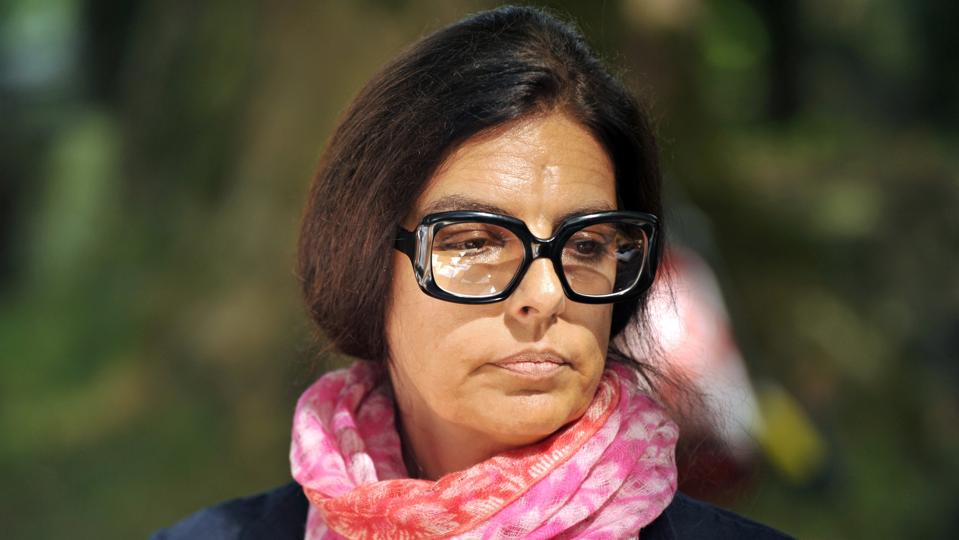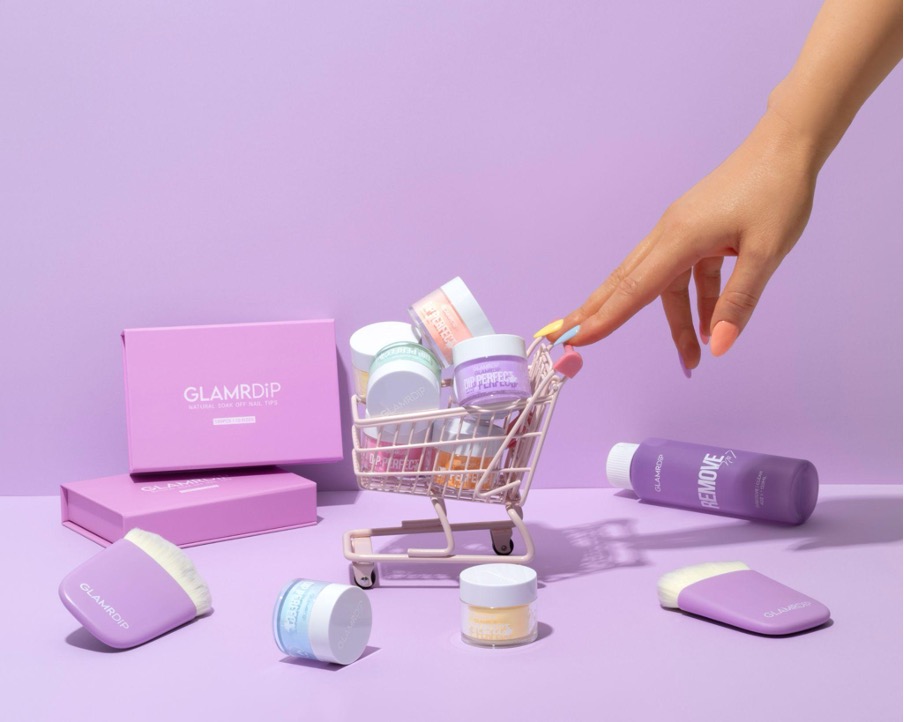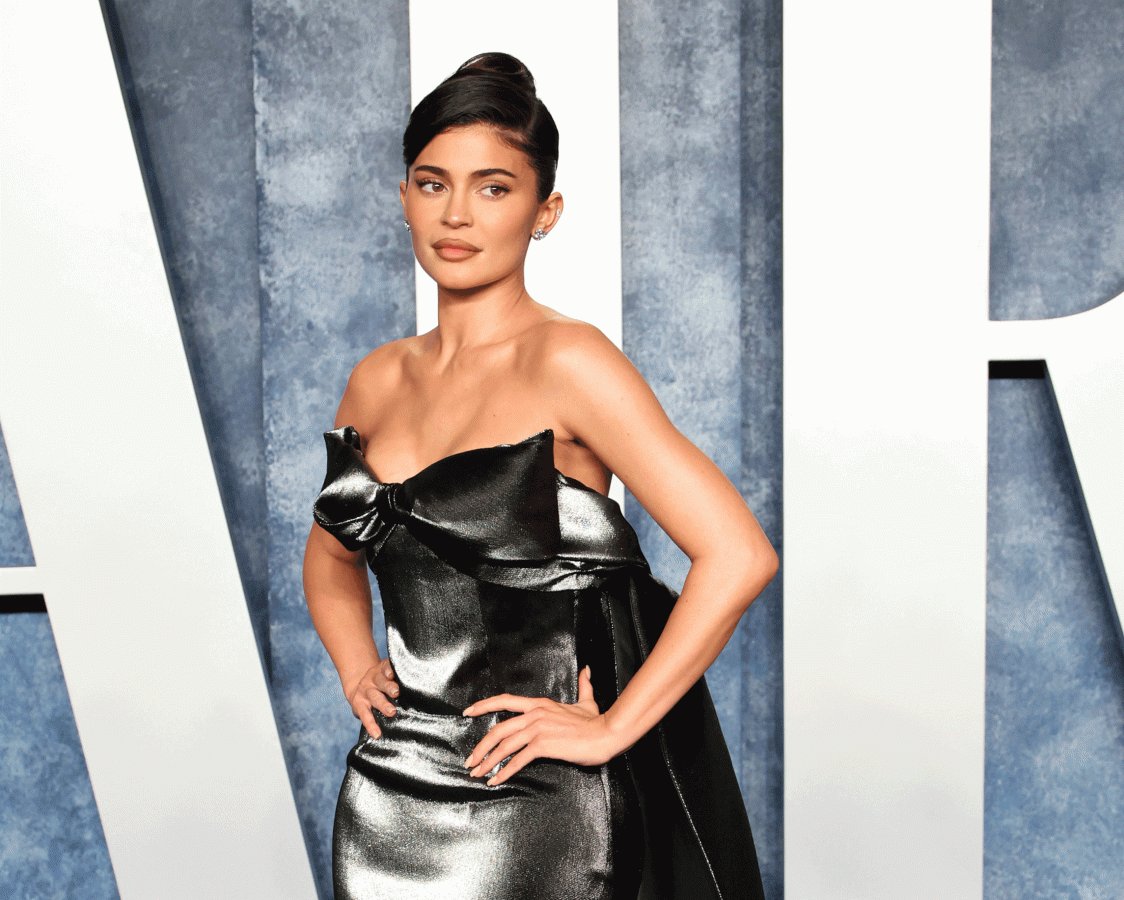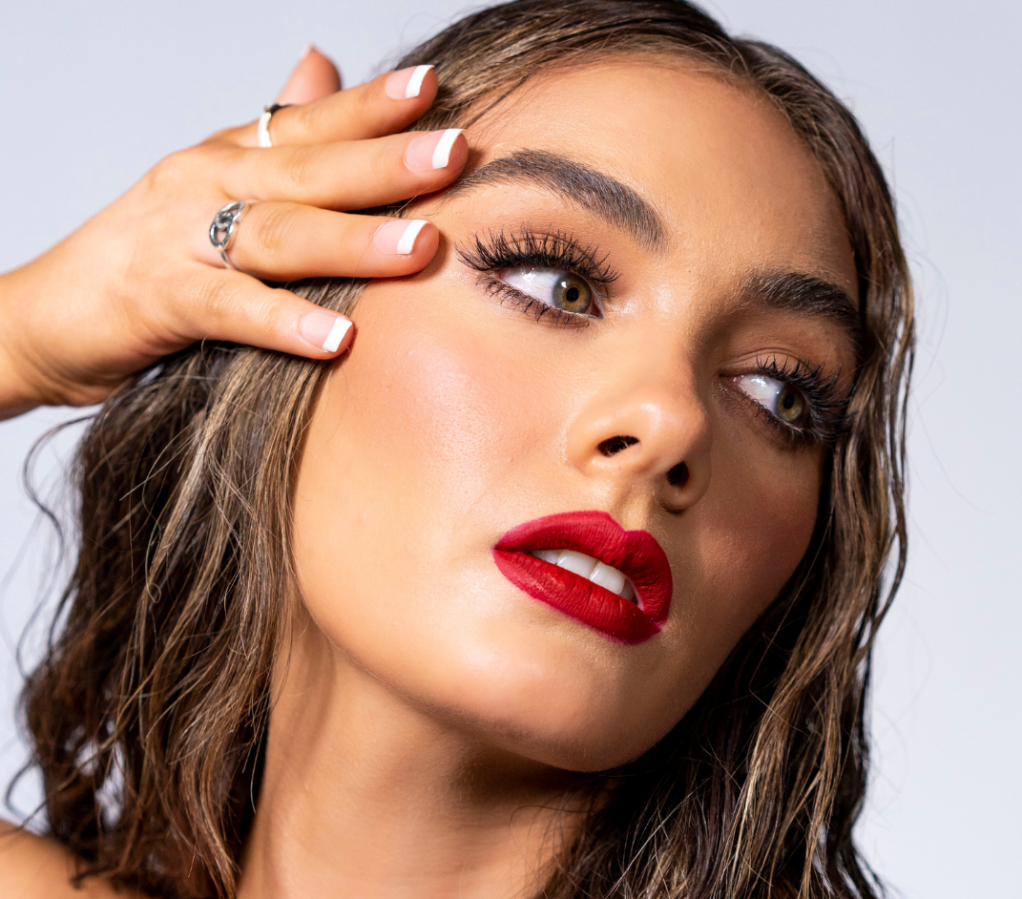Shelley Sullivan, founder of cosmetics brand, MCoBeauty, has sold her 50% remaining share in the business she founded just five years ago, after turning it into Australia’s top-selling beauty brand.
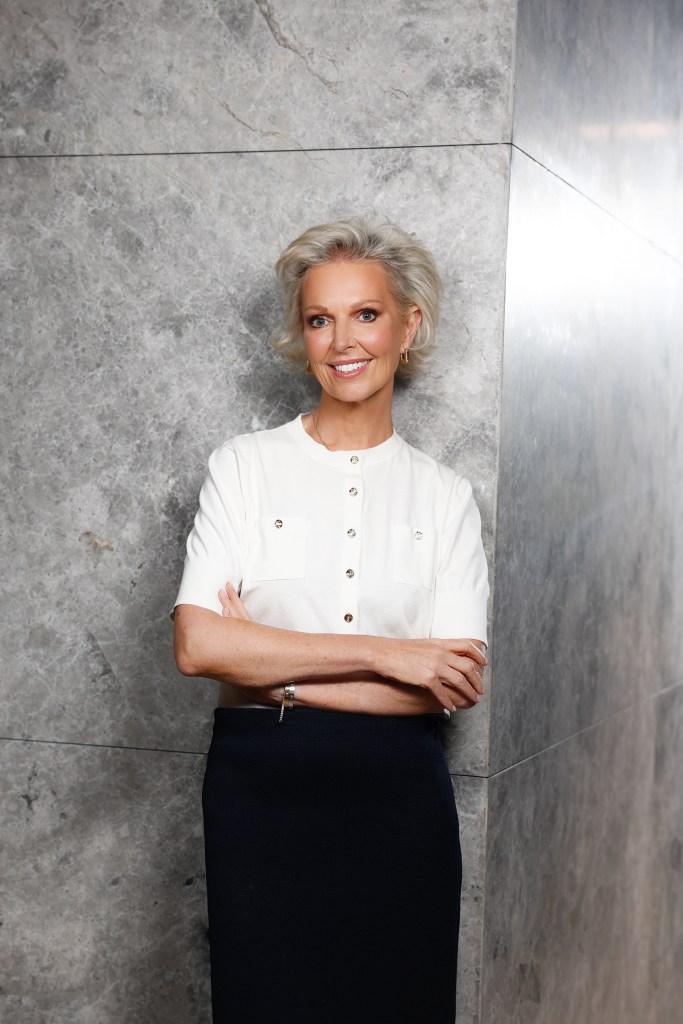
Shelley Sullivan stepped down as CEO of MCoBeauty on Friday, after selling the business at a valuation “north of $1 billion” to DBG Health’s Dennis Bastas. She will be joining top Los Angeles talent agency, Creative Artists Agency, on their roster of talent.
DBG Health’s Dennis Bastas, who bought half of MCoBeauty in 2022 at a much lower valuation, now holds 100% of the company which has enjoyed an astonishing rise in sales since founding in 2020.
MCoBeauty claimed the title of Australia and New Zealand’s number-one selling cosmetics brand across retail and online in the last 12 months. It will be marketed under Bastas’s VidaCorp, a subsidiary of his DBG Health.
Bastas, reported to be worth $1.3 billion, made his fortune in generic drugs. He merged his Arrow pharmaceuticals business with Canadian Sherman family’s Apotex, to form Arrotex Pharmaceuticals. In 2023, he acquired full ownership of Arrotex, Juno Pharmaceuticals and Axe Health to form DBG Health, which had also diversified into health and beauty with VidaCorp.
In January 2024, he bought Australian cosmetics success stories, Nude by Nature and Makeup Cartel. VidaCorp also owns the MyAura, Brutal Truth and SkinB5 brands.
In its first year of trading, MCoBeauty had sales of $10 million. Four years later, Sullivan had grown that to $262 million, much of the increase coming after she’d sold half of the business to Bastas in the 2021-22 financial year, she tells Forbes Australia.
MCoBeauty’s sales growth
| FY | Revenue (AUD) | % Growth |
|---|---|---|
| FY25 (Forecast) | $328,117,646 | – |
| FY24 | $262,088,216 | 314% |
| FY23 | $63,356,512 | 103% |
| FY22 | $31,177,832 | 72% |
| FY21 | $18,499,042 | 66% |
| FY20 | $10,921,671 | 144% |
VidaCorp had a strong presence in pharmacies, she says, whereas MCoBeauty was big in Woolworths and Big W.
“The deal was really smooth. We complemented each other because I had the marketing, they had the back-end. It was a really good marriage.
“The increase in sales came from expanded space in our three major retailers and the pharmacy part of the business, with DBG.” They also went heavily into New Zealand and made their first forays into the US.
“The last four years of success of MCo has bottled all the mistakes I’ve made and really made it work.”
Shelley Sullivan MCoBeauty founder
She said the latest deal was a “really easy transaction”, based on the vastly greater sales volume MCoBeauty had achieved. Bastas offered her a number and she accepted, she says. “It was a multiple of earnings.”
The valuation of the business is more than $1 billion, according to DBG.
Forecasts for 2025 project MCoBeauty to be turning over more than $300 million, driven by the next phase of VidaCorp’s international expansion plans in the US and Europe, as well as the anticipated launch of new products.
Keen to know more? Shelley Sullivan will be taking to the floor at the Forbes Women Soirée on February 20 to share the secrets to her success. Tap here to secure your spot.
Eyelash curler changes everything
Sullivan, 51, began her working life as a receptionist at a modelling agency. She started her own agencies, which she sold to Ben McPherson’s Artist and Entertainment Group for $1 million in the mid-1990s, she says.
She got the idea for the world’s first heated eyelash curler after her models were burning their lashes trying to curl them with a hairdryer.
“I went to Korea and found this guy in a back alley, and I said, ‘I want to create a device where you put a battery in it, turn it on, and you go like this, curl your lashes.’
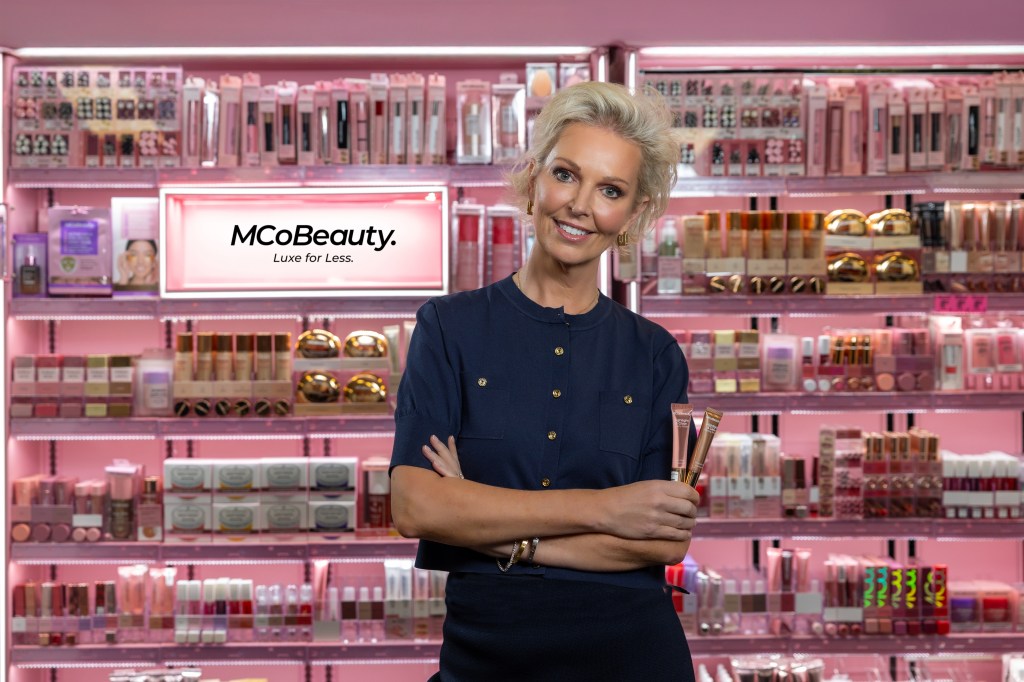
“I sold it into David Jones for 20 bucks. Thought it was the best thing ever. I ordered 5,000 units. Then I got a telephone call from Space NK in London and a store called Colette in Paris. I didn’t even know who Colette was.
“They said, ‘We’ve seen you in Vogue with celebrities using your products.’ I knew the celebrities, like Elle McPherson [Ben’s brother] and Kylie from my modelling agency days.
“Next minute I got a couple-of-million-buck order out of these two big retailers. That was the start of ModelCo, with one product.”
After narrowly surviving a GFC crunch, Sullivan did a 52-piece cosmetics collection for the late German fashion designer Karl Lagerfeld. In 2018, Sullivan’s signature viral marketing tactics saw her paint Paris (ModelCo) pink for the launch which also featured an army of Lagerfeld’s Beauty Butlers taking over city locations like the Eiffel Tower and Place Vendôme.
“I asked people for help all the way along my journey and no one in the fashion industry wanted to help me. No one wanted to see me succeed.”
Shelley Sullivan
But Sullivan had already sniffed a change in the wind. The luxe end of the market was crowded with 450 brands, many of them celebrity driven.
“I wanted to market to the masses. Luxe for less. People can’t afford $800 foundations. They want Tom-Ford quality at a luxe-for-less price. So I redid the positioning, redid the marketing, and I basically have taken it from six pegs [in Big W] to the biggest Australian beauty brand.”
She changed the name to MCoBeauty. And in its efforts to mimic high-end brands, MCo sailed close to the wind, being sued twice for “dupe” [duplicate] products that were alleged to have infringed trademarks, leading to MCo rebranding its products. But Sullivan’s momentum was relentless.
“We’ve outsold, Rimmel, L’Oreal, Maybelline, all the big brands, within a four-year period and taken it from six million to a three hundred million turnover and over a hundred million EBITDA business.”
Sullivan maintains she hasn’t done it by taking the big brands’ customers.
“My strategy and my commitment to Big W, Woolworths and Chemist’s Warehouse was to take footfall from the high-end stores and bring them into mass market. That’s what I’ve done.
“I bring about 150,000 new-customers footfall a month into those majors. I channel switch, and I do disruptive marketing. That’s my strategy to bring footfall from the David Joneses, and the Meccas, and the Sephoras of the world.
“I look to market in a different way. I look to offer value. And I want to make women feel good. So I have a strategy of, like, you can get a whole face for under $100, why would you need to go to a high-end retailer?”
In announcing that she was selling the business, Sullivan also announced she had signed with one of the world’s leading talent agencies, Los Angeles-based Creative Artists Agency [CAA].
“We have been following Shelley and her remarkable impact on the beauty industry for quite some time,” said Toby Borg, head of talent business ventures for CAA. “We couldn’t be more excited to partner with her as she looks to expand her influence in beauty globally.”
Sullivan suggested that aside from joining the speaking circuit, she’d be open to helping other members of the CAA stable with their cosmetics brands, though she stressed that no such talks had taken place with specific stars.
CAA’s stable includes the likes of Scarlett Johansson, Brad Pitt, Margot Robbie, Salma Hayek, Ariana Grande, Anne Hathaway, and Victoria and David Beckham.
“I’m now ready to go on and do something else with my life. I’ve created a global beauty brand … I’ve achieved the goal of out-selling all the big guys. I’ll stay on [at MCo] in some advisory capacity in the background.”
Shelley Sullivan
“I’m never going to own another beauty brand, but I might sit behind some of the biggest talent in the world and help them with strategy. I might sit behind fashion brands and help them with strategy. My next career move will be one of advice and strategy, versus supply chain and owning.”
Sullivan sees herself mentoring young businesspeople now she’s got the time. “I’ve worked 30 years. This is the second day of my life that I’ve got up and I’m not going to miss something,” she says over a coffee with Forbes Australia in Sydney’s Double Bay. “I’m normally on it from 6.30, working, stressed.
“I asked people for help all the way along my journey and no one in the fashion industry wanted to help me. No one wanted to see me succeed. I want to help people. I’m 51. I should have been doing this at 35. But I had to learn the hard way. I’ve had to go up and down, and up and down and learn. The last four years of success of MCo has bottled all the mistakes I’ve made and really made it work.
Related
“But I haven’t done this alone. I would say in summary, myself and my team have created the unimaginable and taken on the global beauty giants. And, in the Australian market, we’ve won.
“My family have been hugely supportive. I mean, if it wasn’t for my husband and my mother, there’s no way I could have done what I’ve done.
“I’ve got two daughters, Emily and Lucy, who are 17 and 19. And I always had this grand plan of selling my business when they got to year eight, spending time with them. I’m now spending that time with my daughters at 17 and 19. It’s day two.”
Dennis Bastas thanked Sullivan for leading the partnership of the last few years.
“Not only has it been a fantastic partnership that has delivered exceptional results, but it has also enabled VidaCorp to further develop our health and beauty portfolio and successfully transition to a multi-brand multinational business of increasing scale. We are excited to build upon the brand’s success in ANZ while exploring its vast growth potential across the USA, Europe and beyond,” Bastas said in a statement.
Tap here to secure your spot to hear Sullivan speak at the Forbes Women Soirée.

